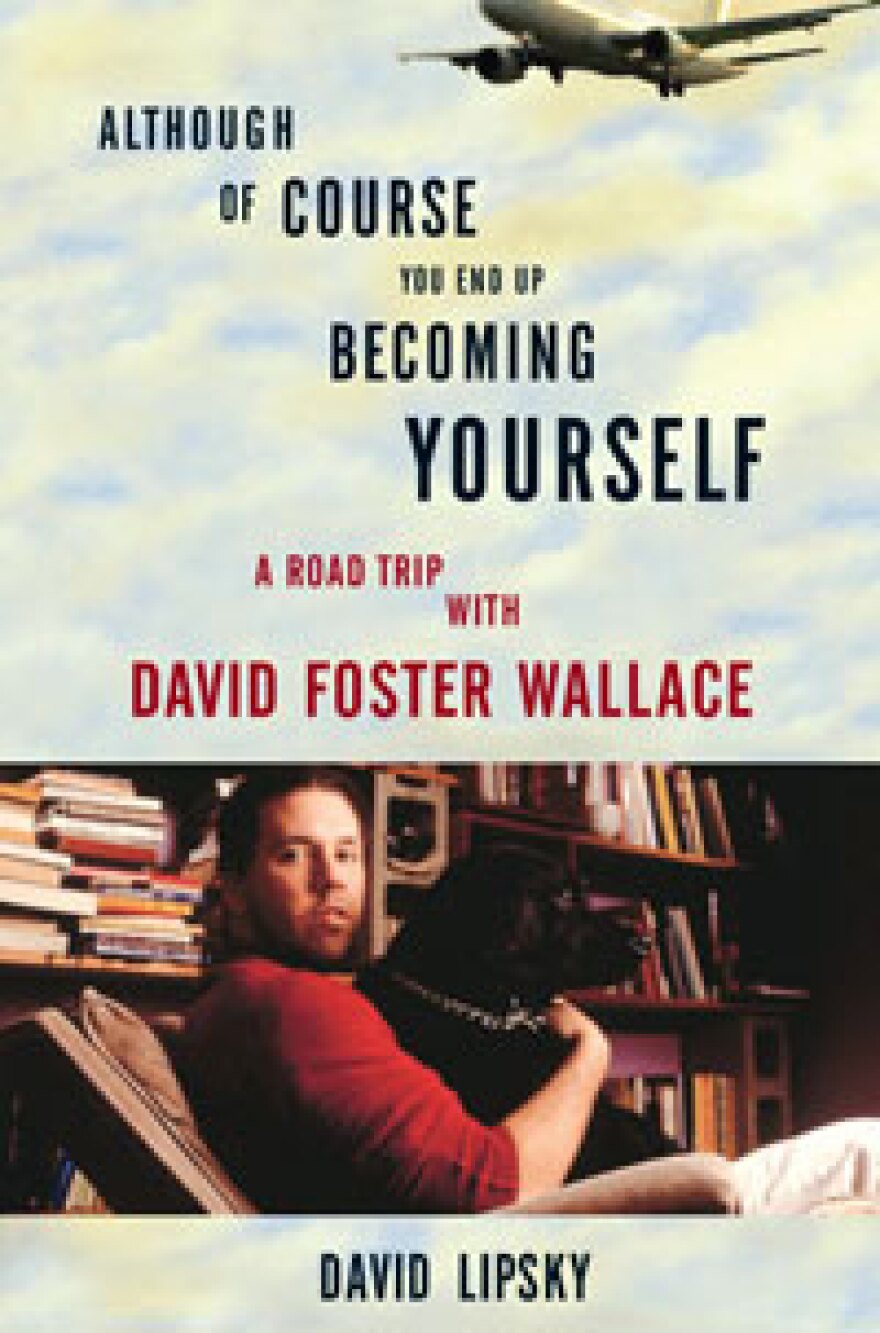Time does not heal all wounds. It's been over a year since novelist David Foster Wallace committed suicide at the age of 46, a death that stunned the world of contemporary literature, but his readers and fans have never stopped mourning. Wallace was best known for Infinite Jest, his thousand-page 1996 novel, which remains required reading not just for young literary hipsters but for anyone who cares about American post-modernism. Wallace's work brought something new and exciting to a literary audience that had previously been reluctant to venture far beyond the borders of realism. There was never really anyone like him; it's likely there never will be.
While Wallace wasn't exactly reclusive, he wasn't a fan of giving interviews, especially after Infinite Jest took the world of fiction by storm. David Lipsky, a novelist and writer for Rolling Stone magazine, was granted a rare interview with Wallace in 1996, following him from town to town on his tour for the now-iconic novel. Although of Course You End Up Becoming Yourself is Lipsky's account of the road trip, told mostly through transcripts of his recorded conversations with Wallace. The picture Lipsky paints is of an author alternately confused and excited, sincere and suspicious, childlike and beaten down by the pain and intensity of the writing life.
It's impossible for anyone who ever fell in love with Wallace's prose not to read Lipsky's account looking for clues. And while suicide is never really logical, it's heartbreaking to read Wallace discuss his history of depression: "I think somebody who's been in a suicide ward is either way better prepared or way less prepared. Because I mean, I don't think we ever change. I'm sure there are still those same parts of me. I've just got to find a way to not let them drive." Somehow even sadder are Lipsky's observations of Wallace's moments of happiness: his love for his dogs, his fondness for television, the music of Alanis Morrissette. Even his Diet Pepsi and McDonald's habits read as sweet, childlike and, in the end, crushingly poignant.
Lipsky mostly steps out of the way, and lets Wallace talk for himself, but the rapport that he and Wallace built during the course of the road trip is both endearing and fascinating. At the end, it feels like you've listened to two good friends talk about life, about literature, about all of their mutual loves. And while they were both young men in 1996, they seem wise beyond their years, yet still filled with a contagious, youthful enthusiasm. At one point, Wallace tells Lipsky, "[T]here's no single more interesting time to be alive on the planet Earth than in the next 20 years." The world became too much for Wallace, and he'll never get the chance to see himself proved right. But his fans and his readers at least have this: a startlingly sad yet deeply funny postscript to the career of one of the most interesting American writers of all time.
Copyright 2023 NPR. To see more, visit https://www.npr.org.


